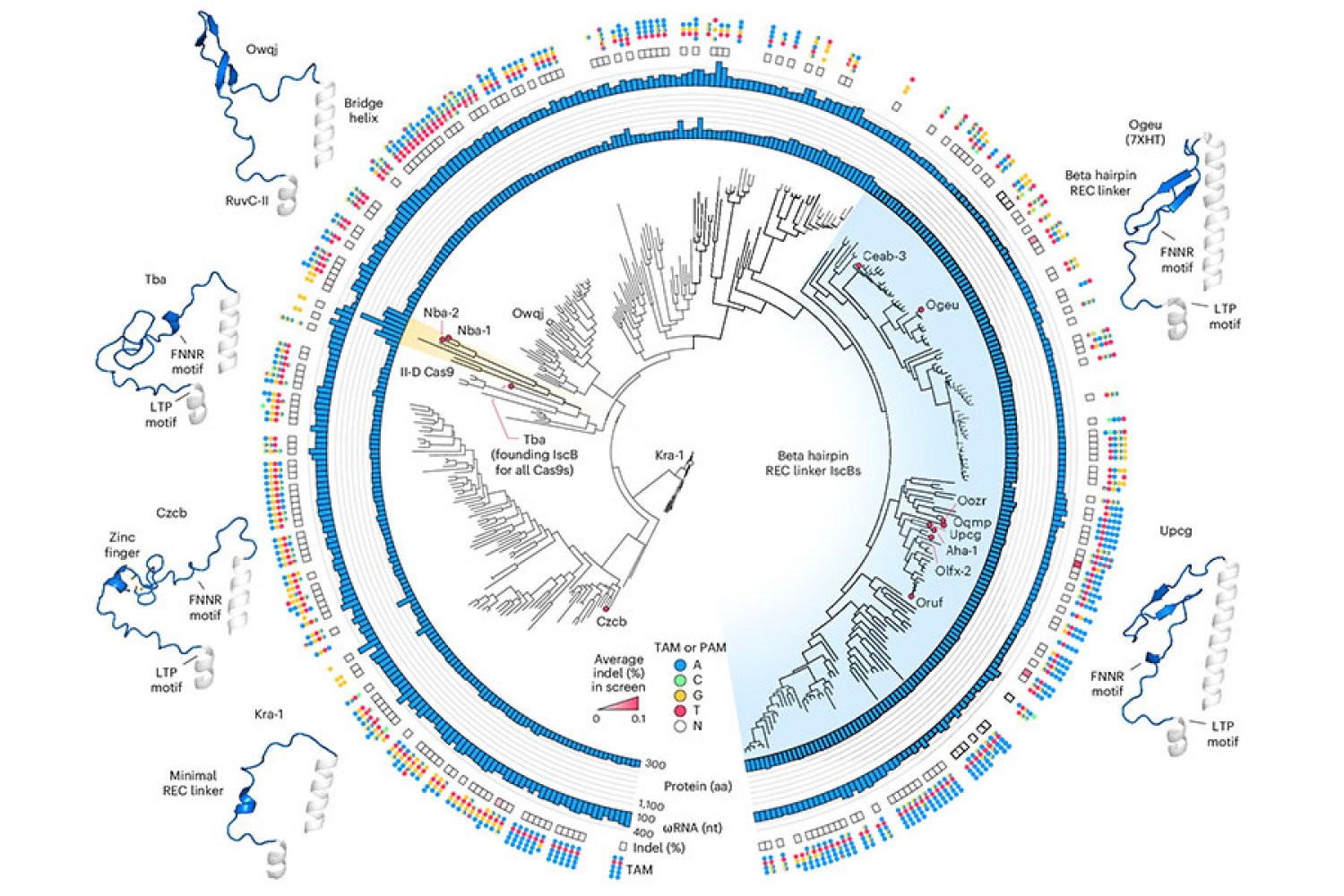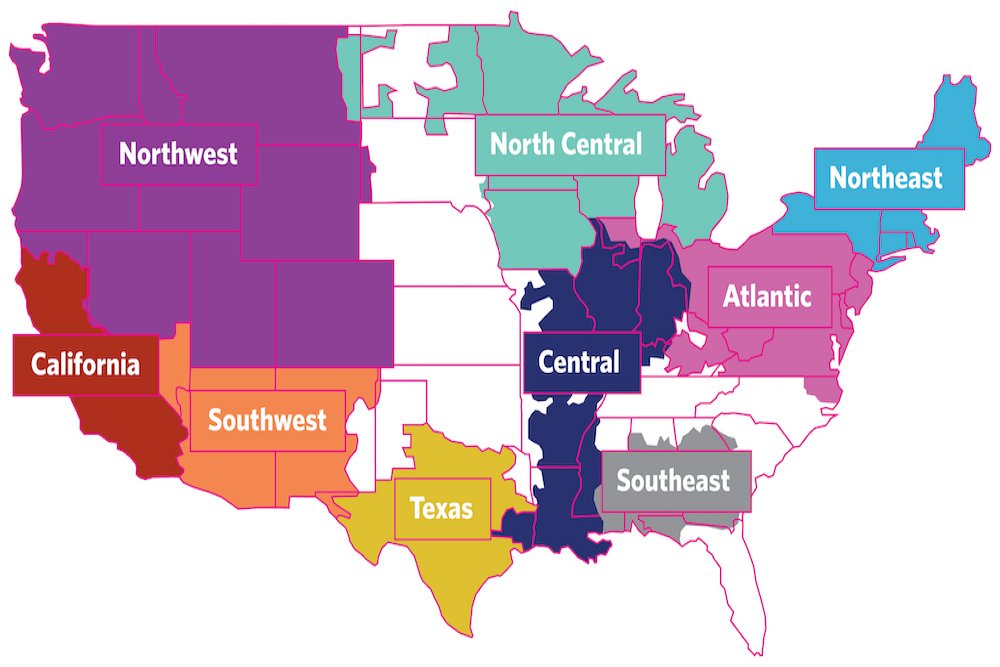
A fundamental problem for governments is getting citizens to comply with their laws and policies. They can’t monitor everyone and catch all the rule-breakers. “It’s a logistical impossibility,” says Lily L. Tsai, MIT’s Ford Professor of Political Science and the director and founder of the MIT Governance Lab.
Instead, governments need citizens to choose to follow the rules of their own accord. “As a government, you have to rely on them to voluntarily comply with the laws, policies, and regulations that are put into place,” Tsai says.
One particularly important thing governments need citizens to do is pay their taxes. In a paper in the October issue of the journal World Development, Tsai and her co-authors, including Minh Trinh ’22, a graduate of the Department of Political Science, look at different factors that might affect compliance with property tax laws in China. They found that study participants in an in-person tax-paying experiment were more likely to pay their taxes if government officials were monitoring and punishing corruption.
“When people think that government authorities are motivated by the public good, have moral character, and have integrity, then the requests that those authorities make of citizens are more likely to seem legitimate, and so they’re more likely to pay their taxes,” Tsai says.
In China, only two cities, Chongqing and Shanghai, collect property taxes. Officials have been concerned that citizens might resist property taxes because homeownership is the main source of urban household wealth in China. Private homeownership accounts for 64 percent of household wealth in China, compared to only 29 percent in the United States.
Tsai and her co-authors wanted to test how governments might make people more willing to pay their property taxes. Researchers have theorized that citizens are more likely to comply with tax laws when they feel like they’re getting something in return from the government. The government can be responsive to citizens’ demands for public services, for example. Or the government can punish officials who are corrupt or perform poorly.
In the first part of the study, a survey of Chinese citizens, respondents expressed preferences for different hypothetical property tax policies. The results suggested that participants wanted the government to be responsive to their needs and to hold officials accountable. People preferred a policy that allowed for citizen input on the use of tax revenue over one that did not, and a policy that allowed for the sanctioning of corrupt officials garnered more support than a policy that did not.
Survey participants also preferred a lighter penalty for not paying their taxes over a harsher penalty, and they supported a tax exemption for first apartments. Interestingly to the researchers, policies that allowed for government responsiveness and accountability received roughly the same support as these policies with economic benefits. “This is evidence to show that we should really pay attention to non-economic factors, because they can have similar magnitudes of impact on tax-paying behavior,” Tsai says.
For the second stage of the study, researchers recruited people for a lab experiment in Shanghai (one of the two cities that collects property taxes). Participants played a game on an iPad in which they chose repeatedly whether or not to pay property taxes. At the end of the game, they received an amount of real money that varied depending on how they and other participants played the game.
Participants were then randomly split into different groups. In one group, participants were given an opportunity to voice their preference for how their property tax revenue was used. Some were told the government incorporated their feedback, while others were told their preferences were not considered — in other words, participants learned whether or not the government was responsive to their needs. In another group, participants learned that a corrupt official had stolen money from property tax revenue. Some were told that the official had been caught and punished, while others were told the official got away with stealing.
The researchers measured whether game players’ willingness to pay property taxes changed after receiving this new information. They found that while the willingness of players who learned the government was responsive to their needs did not change significantly, players who learned the government punished corrupt officials paid their property taxes more frequently.
“It was kind of amazing to see that people care a lot about whether or not higher-level authorities are making sure that tax dollars are not being wasted through corruption,” Tsai says. She argues in her 2021 book, “When People Want Punishment: Retributive Justice and the Puzzle of Authoritarian Popularity,” that when authorities are willing to punish their own officials, it may signal to people that leaders have moral integrity and share the values of ordinary people, making them appear more legitimate.
While the researchers expected to see government responsiveness affect tax payment as well, Tsai says it’s not totally surprising that for people living in places without direct channels for citizen input, the opportunity to participate in the decision-making process in a lab setting might not resonate as strongly.
The findings don’t mean that government responsiveness isn’t important. But they suggest that even when there aren’t opportunities for citizens to make their voices heard, there are other ways for governments to appear legitimate and get people to comply with rules voluntarily.
As the strength of democratic institutions declines globally, scholars wonder whether perceptions of governments’ legitimacy will decline at the same time. “These findings suggest that maybe that’s not necessarily the case,” Tsai says.






















